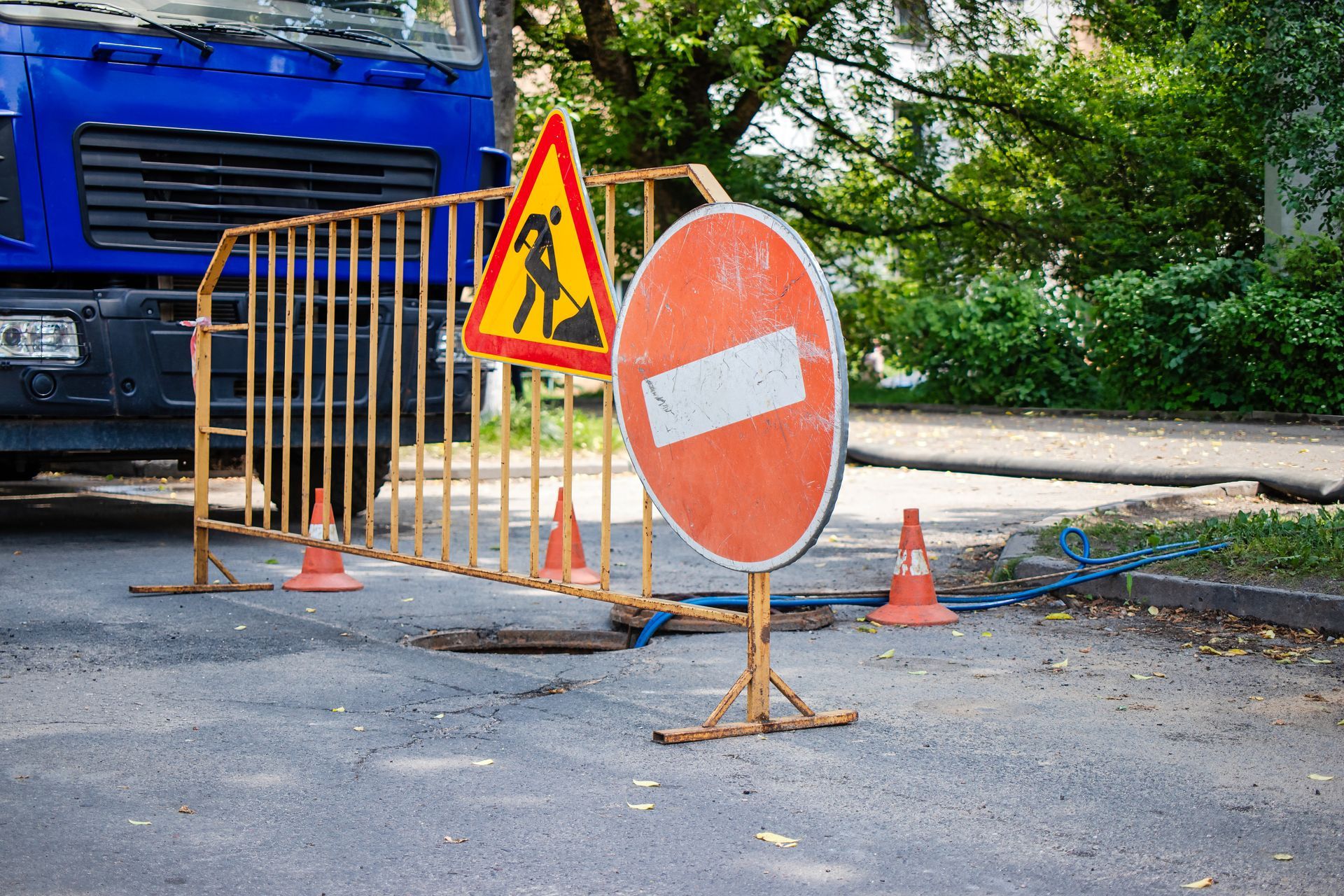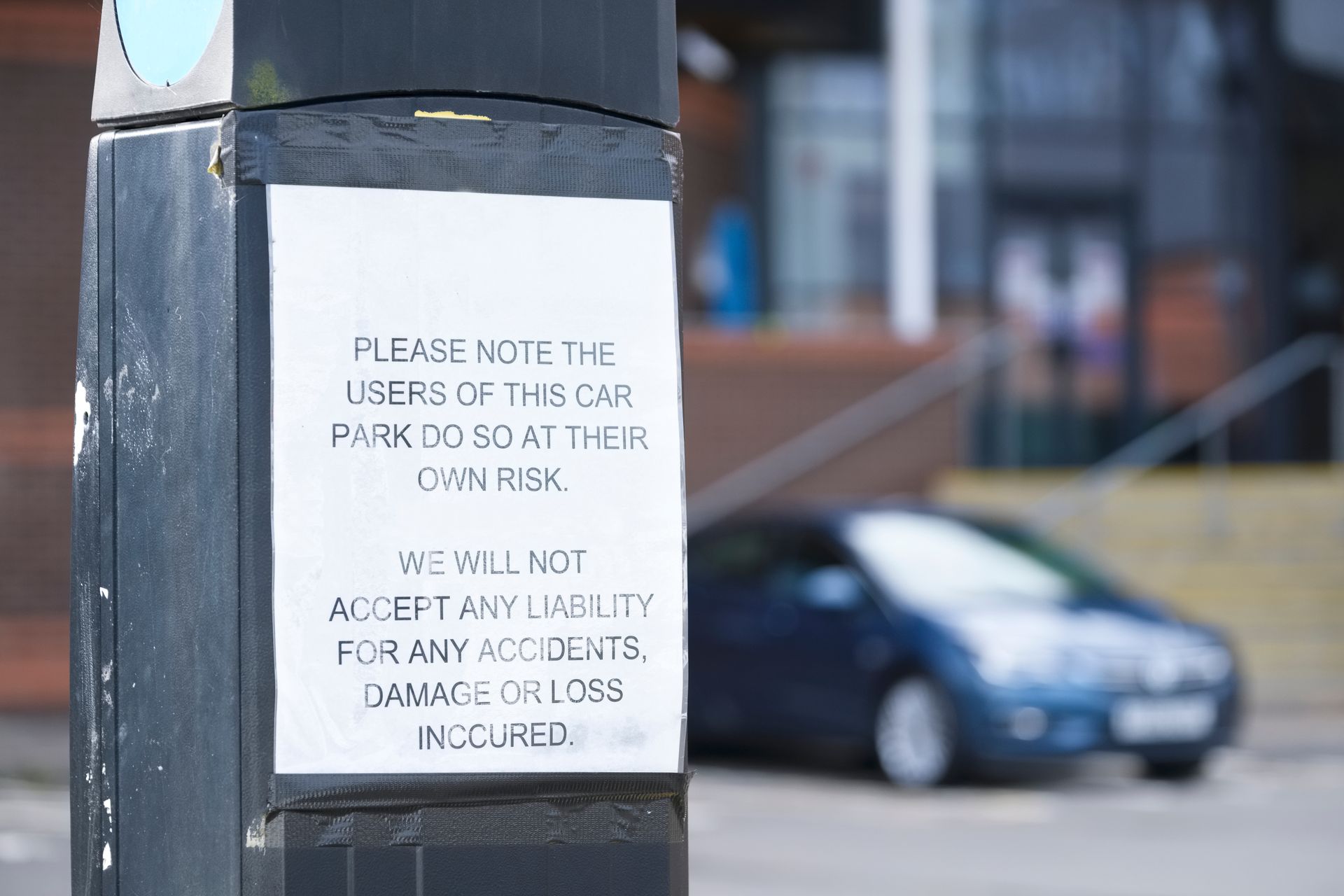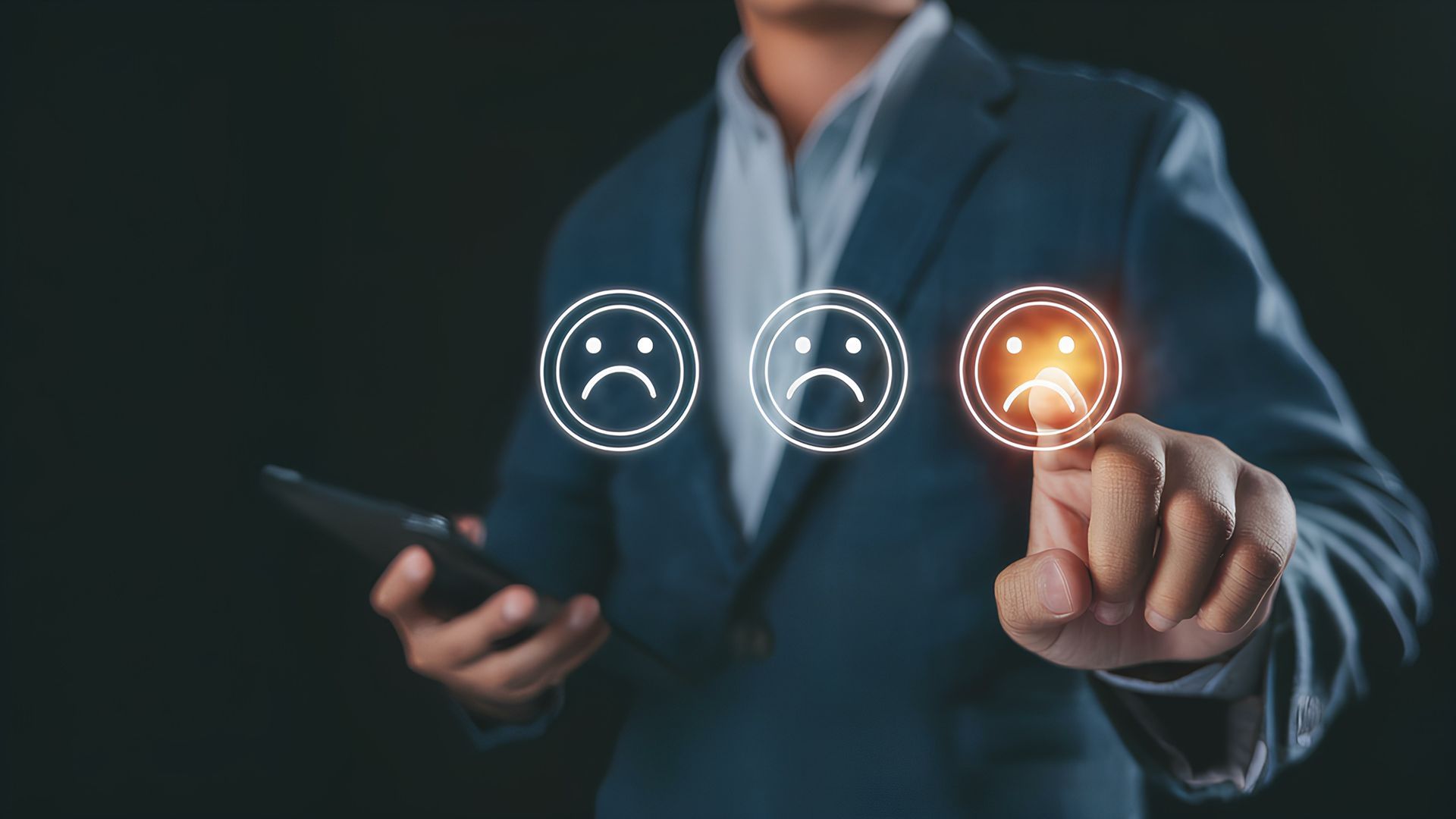Blog

Lawsuits against public transportation are more common than you might realize. A quick search online will reveal several examples of Atlanta lawyers advertising their services for MARTA injuries and bus accidents, as well as news stories about lawsuits against MARTA over everything from changing bus routes to their alleged failure to provide adequate security (a subset of personal injury premises liability law frequently referred to as “negligent security”).
Personal injury lawsuits for crashes caused by MARTA buses, passenger injuries or injuries sustained at various bus stops, stations or parking structures may seem like the most obvious types of mass transit civil litigation in Atlanta, but personal injury is just one facet of mass transit litigation.
Is Riding the Bus or Train Really That Dangerous?
No – according to safety analysts at the American Public Transportation Association (APTA), you reduce your chance of being involved in an accident by about 90 percent when you travel by mass transit instead of car. That doesn’t mean there are no accidents or risks for injury when using mass transit.
MARTA doesn’t release accident and injury statistics each year, but the Georgia Department of Transportation does. Georgia actually has one of the better dashboards for finding accident stats, and it’s worth a look for concerned citizens and drivers worried about traffic safety.
There were 124,492 recorded traffic accident injuries in Georgia in 2020. According to GDOT, 11,777 of those injuries were in Atlanta proper. Although the average driver’s miles traveled per year is likely different from the average mass transit rider’s miles traveled per year, for our rough estimate we can assume they’re comparable. If there were 90 percent fewer mass transit accident injuries per mile traveled in 2020 then there were, theoretically, about 1,200 mass transit injuries of some kind in Atlanta.
Although MARTA doesn’t publish accident stats, the MARTA police department does publish crime stats. There was a 35 percent drop in reported MARTA crimes in 2020, which was likely due to pandemic-related decreases in ridership. In all there were 282 reported crimes, including 119 reports of larceny, 38 reports of robbery and 78 aggravated assault complaints. In 2019 there were 436 reported crimes.
One of the most notable judgements against MARTA was in a 2007 negligent security case in which the plaintiff was awarded $1.7 million. Crime-related injuries aren’t the most common type of personal injury case, but many assaults can potentially justify negligent security claims.
Although mass transit in Atlanta is safer in many respects, it is not entirely risk free. Injuries still occur, and people who are injured due to someone else’s mistake deserve compensation.
Internet legal databases contain literally dozens of lawsuits in which MARTA was involved as either the defendant or the plaintiff. Many of those lawsuits were related to injuries caused by MARTA vehicles or injuries sustained in MARTA stations or at bus stops. Some pertain to employment disputes or mass transit accessibility. There are even examples of commercial litigation, like this case from 1977 over a dispute regarding a contract bid for MARTA’s fare collection system.
Although MARTA is technically a government-funded organization, it functions in many respects like a business. As with any business – especially one in the transportation sector – liability claims are practically an inevitability.
What complicates matters for plaintiffs against MARTA is its status as a state government agency. Governments have extra liability protections in the form of sovereign immunity, and workers employed by the state may be able to shield themselves with qualified immunity.
Technically, the Georgia Tort Claims Act is supposed to waive sovereign immunity for lawsuits against government workers who cause injuries while performing their official duties, but there is a long list of exceptions to the rule.
If you do need to file an injury claim against a city in Georgia, your personal injury attorney first needs to serve an “ante litem” notice within six months of the injury. If your claim is against the state of Georgia or a county, you will have a year to get a lawyer and file an ante litem notice.
These extra liability protections and steps don’t make personal injury cases against government agencies impossible to win, but they do make the cases a little more complex. Speed of action is always important in personal injury, but especially if your injury was caused by a state, city or county worker.
The team at Edwards & Hawkins are ready to represent you in any injury case against mass transit or public transportation in Atlanta. Call us at (404) 526-8866 for your free consultation.











